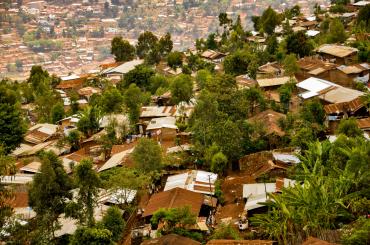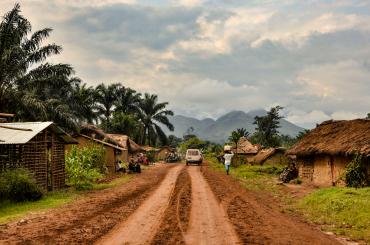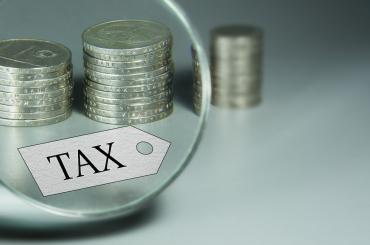
Democratic Republic of the Congo
-

Does low state capacity set a ceiling on tax rates? Evidence from the DRC
Reducing tax rates increases tax revenues when enforcement capacity is low. However, low-capacity states can invest in tax enforcement to shift up the revenue-maximising tax rate.
-

How does promoting modern seed varieties impact forest conservation?
Promoting modern seed varieties accelerated the deforestation of primary forest in the Democratic Republic of Congo
-

Improving state effectiveness through bureaucrat assignment: Evidence from the Democratic Republic of Congo
Optimising the assignment of tax collectors significantly increases tax revenue and compliance at little or no added cost
-

Lasting effects of colonial-era resource exploitation in Congo: Concessions, violence, and indirect rule
Concessions granted to private companies to extract natural resources still have negative effects on present-day development in the DRC
-

Can low-capacity governments work with local leaders to increase tax revenues? Evidence from the Democratic Republic of Congo
City chiefs collecting taxes in Kananga, DRC, outperformed state agents thanks to their superior local information about potential taxpayers
-

Can taxation stimulate political participation? Evidence from the Democratic Republic of Congo
A property tax campaign in the city of Kananga increased tax compliance and stimulated citizen demand for inclusive and accountable government
-

The unexpected effects of financial incentives on healthcare providers
Whilst financial incentives to healthcare providers might seem a sensible solution to improving service provision, evidence from DRC shows otherwise
-

Does bride price hurt women?
Contrary to common belief, the practice of bride price in DRC does not negatively affect women